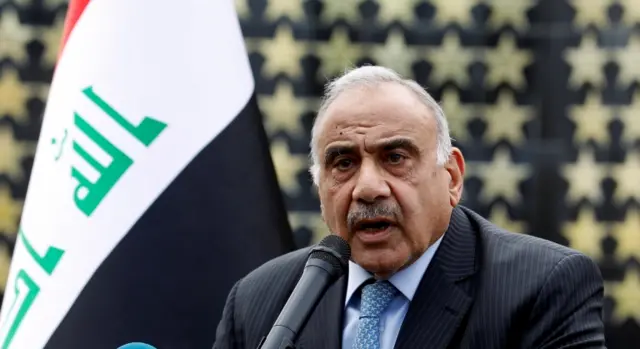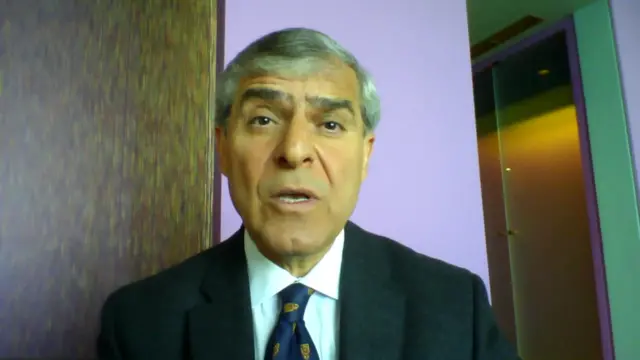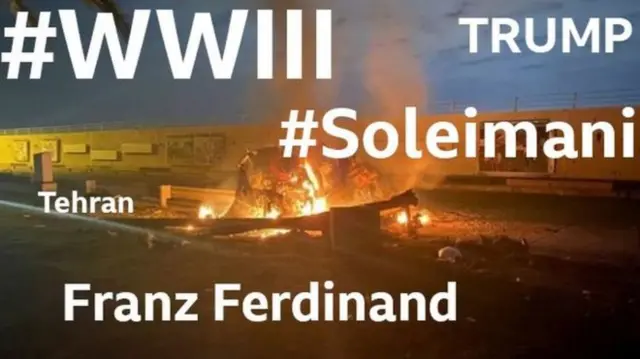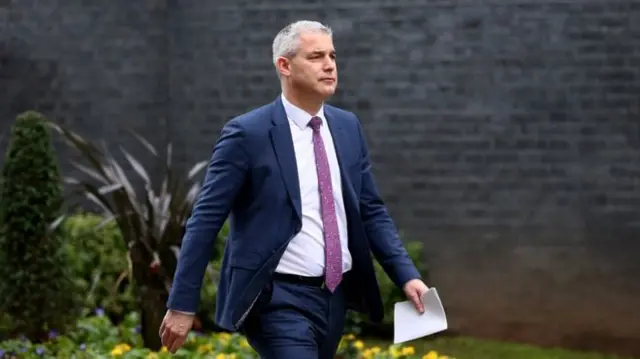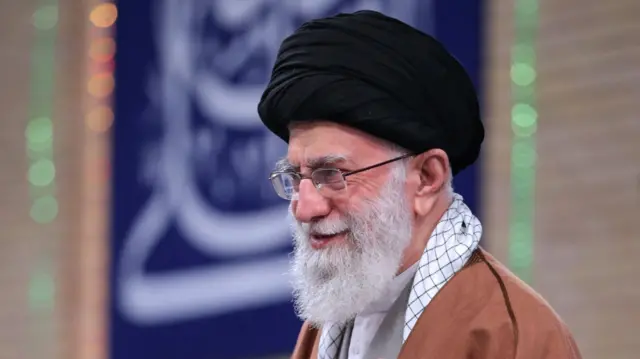Iraq PM: Crisis threatens 'all-out war'published at 11:14 GMT 8 January 2020
More from Iraq's Prime Minister Abdul Mahdi. He says his country “rejects any violation of its sovereignty and attacks on its soil”.
He adds that he is following the situation closely and making the necessary calls to contain it.
This crisis, he warns, is threatening Iraq, the region and the world with a “devastating all-out war”.
